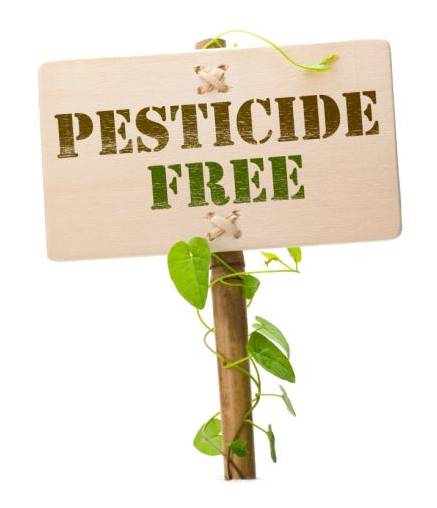Water Pollution Discharge from City Operations
Objective B3: Reduce Water Pollution Discharges from City Operations
The following actions are needed to complete this objective:
- Continue with the City’s salt management and snow management programs to include safer alternatives where appropriate.
- Buy and use product alternatives with lower toxic levels (for example, natural fertilizers, such as compost or peat, and environmentally friendly cleaning products).
- Decrease pesticide use in City parks and where necessary, and continue to use herbicidal vinegar where practical.
- Increase recycling in order to reduce waste going to landfills or waterways.
- Identify tree planting opportunities adjacent to water courses in an effort to improve the water quality before stormwater runoff enters the Detroit River Watershed
These indicators show the progress the City is making to achieve this objective:
- Pesticide use
Pesticide Use Indicator

Pesticides are substances or mixtures of substances used to kill insects, weeds, disease organisms and other unwanted living things. By their very nature, all pesticides are intended to kill some living thing. The long-term effects on human health from continuous exposure to low levels of chemical pesticides are a subject of ongoing debate. Children and pets are especially vulnerable to pesticides.
Pesticides also affect our water resources. It is estimated that between 60 and 90 percent of chemical sprays (pesticides and fertilizers) applied to lawns are washed into sewers, drains or rivers where they negatively impact our water quality and wildlife.
In 2009, the Province of Ontario imposed legislation on the use of commercial pesticides. City of Windsor property, such as sidewalks and golf courses are exempt from this legislation. Where possible, the City uses herbicidal vinegar on these areas.
How Are We Doing?
What is the City of Windsor doing to reduce the use of pesticides?
- Applying practices such as top-dress, over-seeding and aeration has allowed the City of Windsor Parks & Facilities department to decrease pesticide use in parks and on sports fields. When necessary, more environmentally friendly pesticides are used, such as herbicidal vinegar or an iron-based pesticide.
- The Lawn Care Calendar was developed by the City of Windsor Parks & Recreation.
- The Detroit River Canadian Cleanup with the City of Windsor and Environment and Climate Change Canada participated in a Pull Don't Spray campaign. Hundreds of weed hand-pullers and brochures were distributed at events across the City in 2007.
What can you do to reduce the use of pesticides?
The best way to eliminate your need for pesticides is to keep your lawn healthy in the first place. Follow these steps to keep your lawn health naturally:
- Top-dress your lawn once or twice a year with 5 millimetres (quarter inch) of compost, topsoil or compost manure.
- Over-seed any bare spaces in spring and fall with hardy grass seed.
- Mow high: don't cut your grass any shorter than 90 millimetres (3.5 inches) in order to let the grass blades shade weeds and increase lawn thickness.
- Water less, only 25 millimetres (1 inch) per week is needed to keep your lawn green throughout the summer. Watering too much or too frequently will encourage shallow root growth.
- Replace some of your grass with native trees, shrubs, perennials, ground cover and wild flowers. Native plants and flowers are good choices, because they are adapted to grow well in our climate and soils without excessive water and fertilizer.
- Aerate compacted soil in spring or fall to improve soil quality.
- Monitor your yard to catch any problems early when they can be addressed without toxic chemicals.
Leftover pesticides should never be dumped down the drain, down toilets, onto the ground or into sewers. Unused pesticides or empty pesticide containers should be brought to the Household Chemical Waste Depot for proper disposal.
To learn more about the Province's legislation, visit the following website:
For more information on Environmental Initiatives
Email: emp@citywindsor.ca
